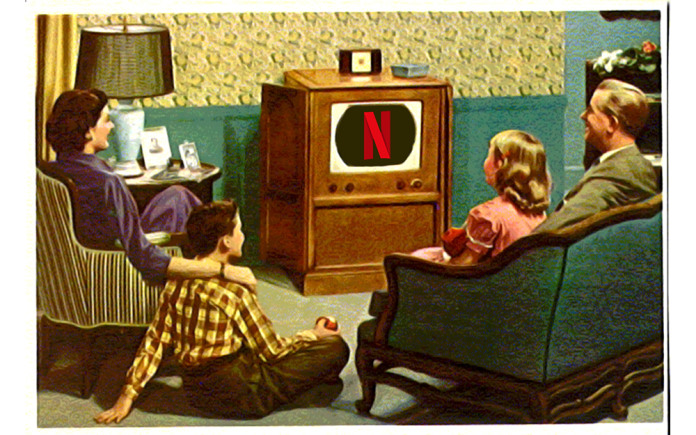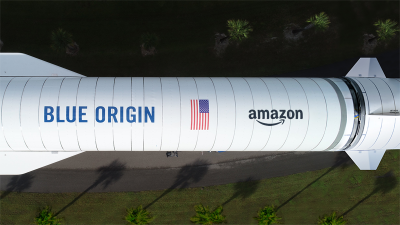
By Haddon Libby
My day job is as an investment manager. One of the things that this means is that I study history while following futurist trends. By studying and understanding the theory of innovation and how it can impact the economy, I can avoid investing in businesses in decline while investing in transformational companies or those capable of changing with the times.
As an example, once upon a time Blockbuster was one of the ten most valuable companies in the stock market. For those of you who do not remember, Blockbuster was this place that you drive to in order to rent a video game or VHS tape. People would pay $3.25 a day or more to watch the latest movie or television show boxset.
A Northern California start-up named Netflix came onto the scene and started using the postal service to deliver DVDs. Netflix provided better convenience at a lower cost. At its peak, Netflix shipped 1.6 million DVDs per day. Prior to the end of the mail-order business last month, Netflix shipped 5 billion titles over twenty-five years.
While this was happening, people were switching from dial-up internet to broadband. Cable television companies began selling broadband which initially served as a profit windfall. As broadband speeds improved, streaming services could now bring about the apparent demise of cable tv.
Blockbuster struggled with the transition from physical stores to postal delivery. When streaming began to replace both physical and postal, Netflix was able to make the switch while Blockbuster could not. Even after its successful switch to streaming, Netflix faced a major change in its streaming business when its content providers like Disney and Paramount took back content. In order to survive the loss of content, Netflix went on a multi-year content development plan spending tens of billions of dollars while expanding globally.
This same thing appears to be going on with wireless phones and broadband. Where wireless providers rely on a network of cell towers scattered across the country, Spacex and Amazon are deploying thousands of satellites in low orbit. This appears to be done to deliver broadband from space while helping with the move toward driverless electric cars.
If this is the beginning of the move of these services to space, companies like Verizon and AT&T could be in a heap of trouble. Already heavily indebted, these companies will be unable to spend the monies needed to stay competitive with better funded visionary efforts. While these companies may not face the same fate as Blockbuster, the competitive threat ahead is daunting.
One of the outcomes of a future with driverless electric cars is the need for a communication net that can always be in contact with the vehicle. To achieve this will require a mix of satellites and lower frequency communication devices that could be deployed via light poles and other land-based options like cell towers.
 With this robust network of conductivity at far faster speeds than we have today, what will happen to broadband providers? If your phone can work via satellite, so too can your television or computer. These legacy cable television providers are seeing people cutting the cord at increasing rates making broadband the primary revenue source. What happens when land-based broadband is surpassed in speed and price from space? While some users will need dedicated land-based connections, the cost of maintaining these transmission lines relative to space-based options may lead to its eventual demise.
With this robust network of conductivity at far faster speeds than we have today, what will happen to broadband providers? If your phone can work via satellite, so too can your television or computer. These legacy cable television providers are seeing people cutting the cord at increasing rates making broadband the primary revenue source. What happens when land-based broadband is surpassed in speed and price from space? While some users will need dedicated land-based connections, the cost of maintaining these transmission lines relative to space-based options may lead to its eventual demise.
A casualty of these advancements with communications has been media like newspapers, magazines, radio and television. Readership and viewership are down as people direct their attention to search engines, streaming services, social media sites and podcasts. This has reduced revenues for local media leading to deep cost cuts and less content as they struggle to adjust to the new realities of a connected world.
Haddon Libby is the Founder and Chief Investment Officer of Winslow Drake Inc, a State-Registered Investment Advisory (RIA) firm. For more information on our services, please visit www.WinslowDrake.com. This article is not intended to be advice or a recommendation on an investment in any way. If you want my advice, reach out.










































